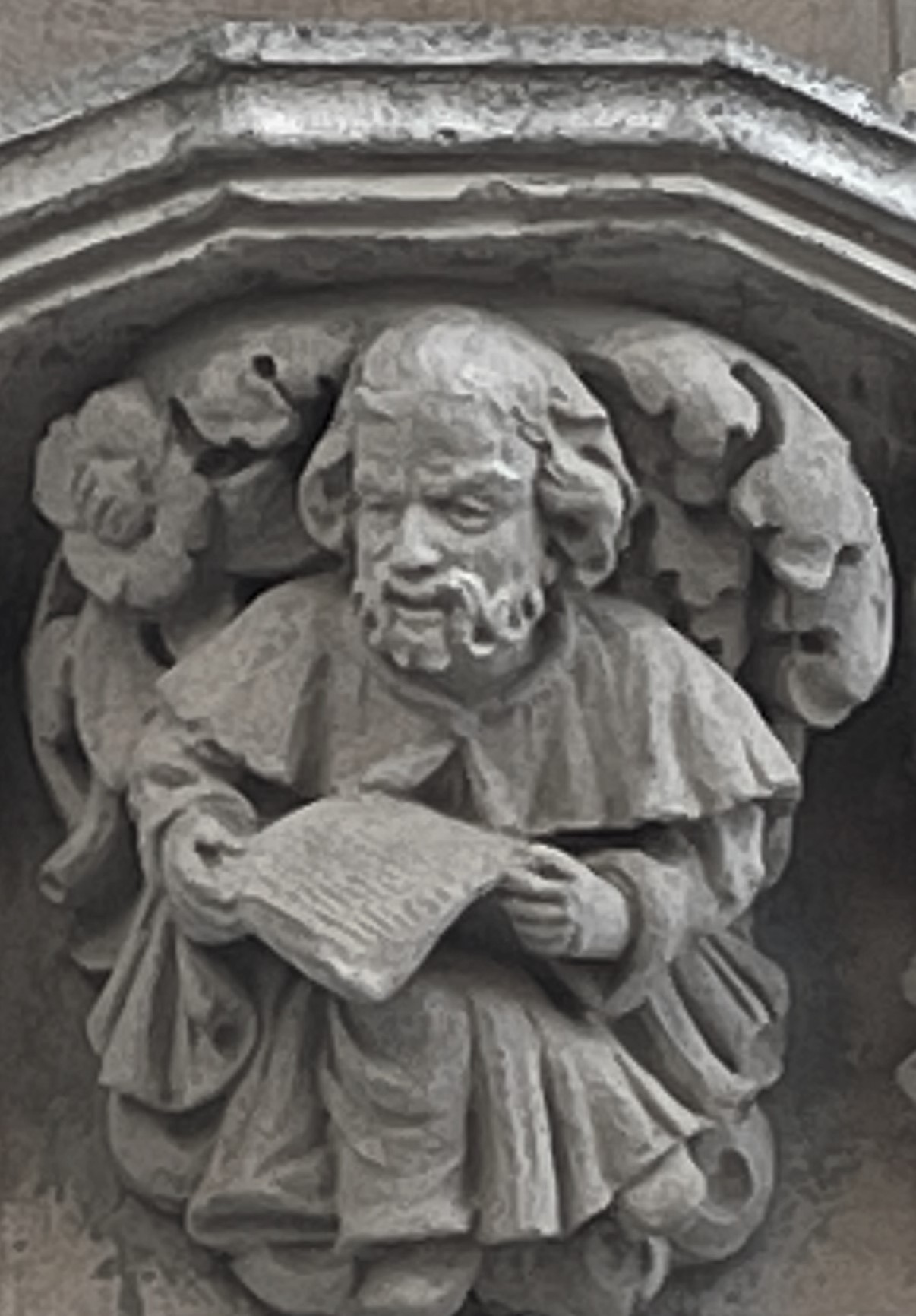
The rules of homestead in Florida are complicated. But heirs may have more rights than you realize. You may end up inheriting homestead which is valuable. Don’t worry if you don’t get along with your family co-owners. You can sell the property even if others disagree. File a partition action. Your rights If you inherit part of your mom’s house, and you don’t want to live there, sell it ! And take your inheritance from the sale proceeds. How? Read on…. Any part of a decedent’s estate that does NOT pass by a will, passes according to the laws of intestacy. Intestacy means that someone died without a will. Under the intestacy laws, heirs inherit. Who are heirs? Heirs are those who inherit under the laws of intestacy. Sound circular? Heirs include descendants and the surviving spouse. If there is no surviving spouse, then the descendants inherit. What about homestead? It has its own rules and laws. Inheriting homestead — the “ugly” (confusing) truth Homestead is the one true house of the dead Floridian. You know, that place where she always returned after being away. Sometimes, a Florida resident has multiple residences. But only one homestead. You can inherit by selling it, even if your co-owners don’t want to sell it. And even if they are living in it. So, you can file a petition to determine homestead. Homestead is generally considered OUTSIDE OF PROBATE. And not a probate asset. (Click HERE for commentary about the probate process). Although you […]







